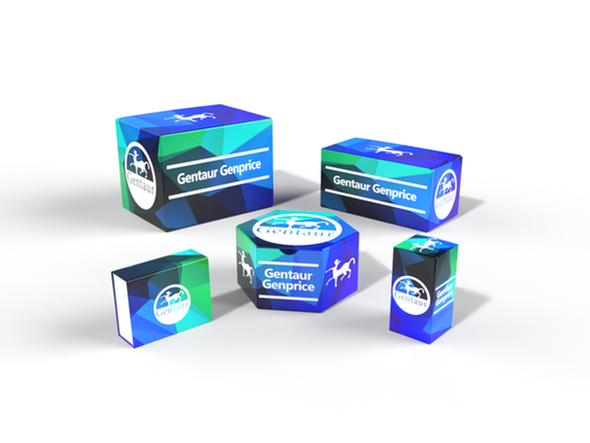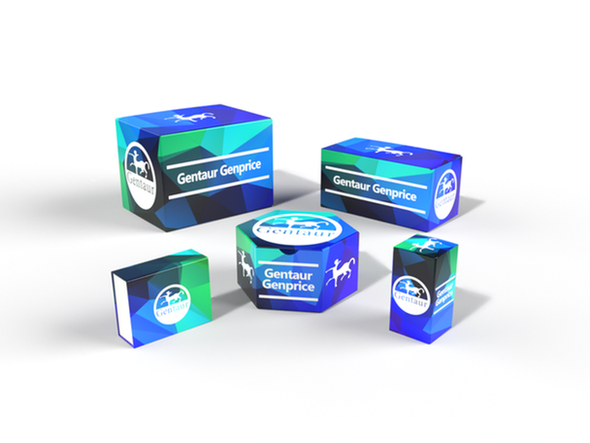Description
TNF alpha Monoclonal Antibody | E-AB-22116 | Gentaur UK, US & Europe Distribution
Type: Monoclonal Antibody
Synonyms: APC1, APC1 protein, Cachectin, DIF, Differentiation inducing factor, Macrophage cytotoxic factor, Tnf, TNF superfamily, member 2, TNF, macrophage derived, TNF, monocyte derived, TNF-a, TNF-alpha, TNFA, TNFA, TNFSF2, Tumor necrosis factor alpha, Tumor necrosis factor, Tumor necrosis factor ligand superfamily member 2, Tumor Necrosis Factor, Membrane Form, Tumor necrosis factor, soluble form
Application: WB, IHC-p
Reactivity: Human, Mouse, Rat
Host: Mouse
Isotype: IgG
Reserch Areas: Cancer, Cardiovascular, Metabolism, Immunology, Signal Transduction
Background: TNF, as also known as TNF-alpha, or cachectin, is a multifunctional proinflammatory cytokine that belongs to the tumor necrosis factor (TNF) superfamily. It is expressed as a 26 kDa membrane bound protein and is then cleaved by TNF-alpha converting enzyme (TACE) to release the soluble 17 kDa monomer, which forms homotrimers in circulation. It is produced chiefly by activated macrophages, although it can be produced by many other cell types such as CD4+ lymphocytes, NK cells, neutrophils, mast cells, eosinophils, and neurons. It can bind to, and thus functions through its receptors TNFRSF1A/TNFR1 and TNFRSF1B/TNFBR. This cytokine is involved in the regulation of a wide spectrum of biological processes including cell proliferation, differentiation, apoptosis, lipid metabolism, and coagulation. This cytokine has been implicated in a variety of diseases, including autoimmune diseases, insulin resistance, and cancer.
Concentration: 1 mg/mL
Storage: Store at -20°C. Avoid freeze / thaw cycles.
Immunogen: Synthetic Peptide
Buffer: PBS with 0.02% sodium azide and 50% glycerol pH 7.4.
Purification Method: Protein A purification
Dilution: WB 1:1000-1:3000, IHC 1:50-1:200
Clone: Clone:3D8
Conjugation: Unconjugated
Molecular Weight(Calculated): N/A
Molecular Weight(Observed): 17, 25 kDa






